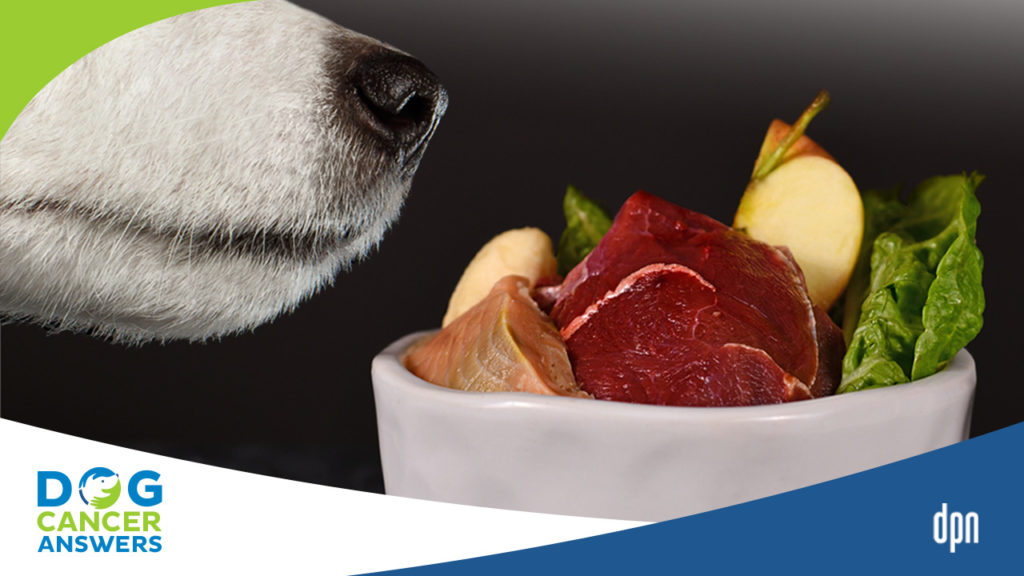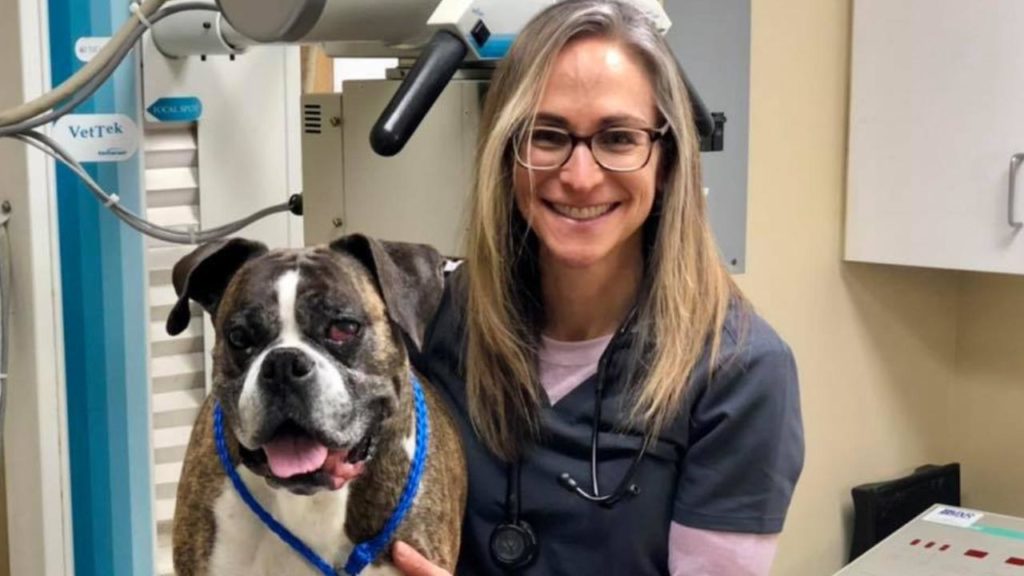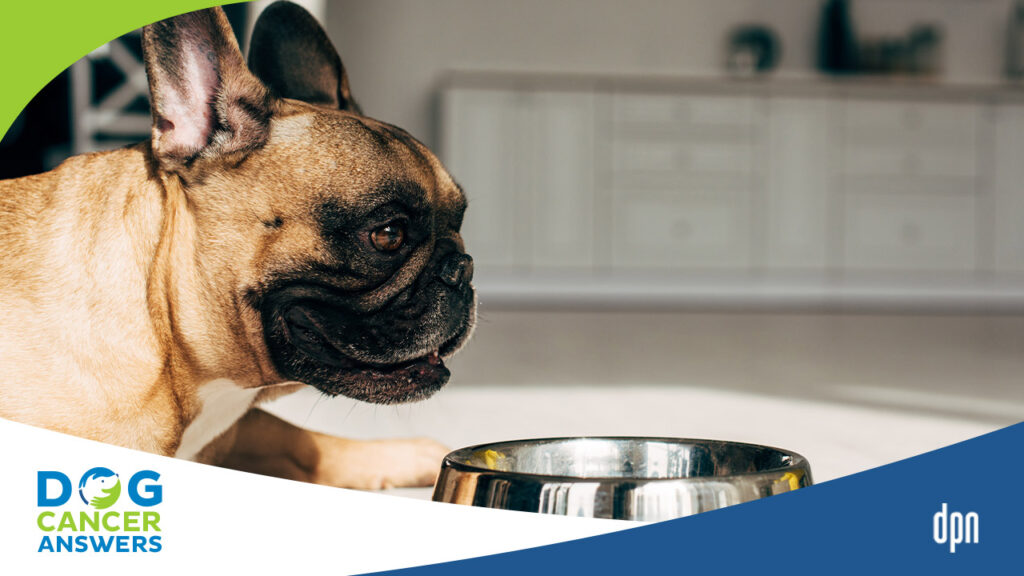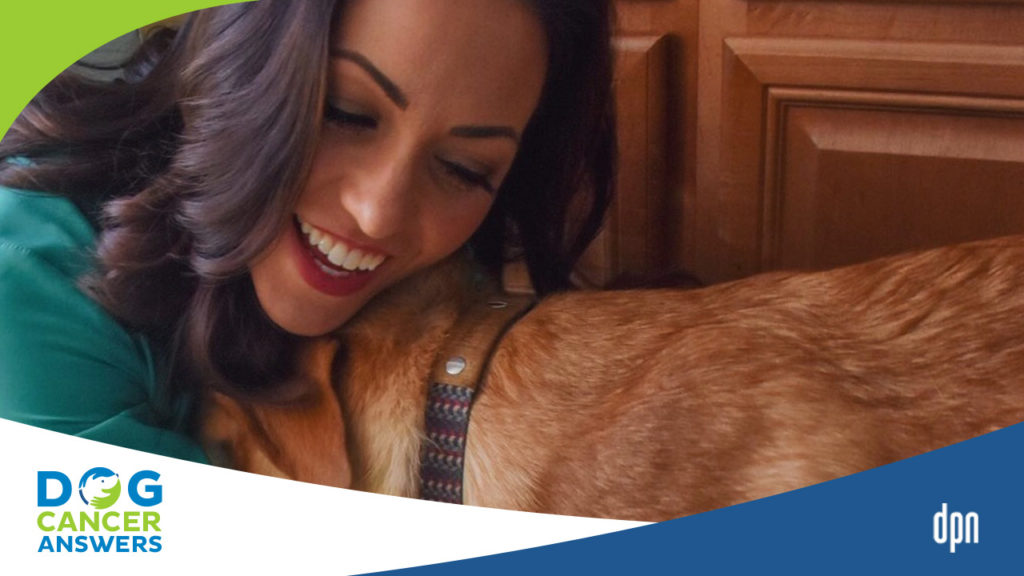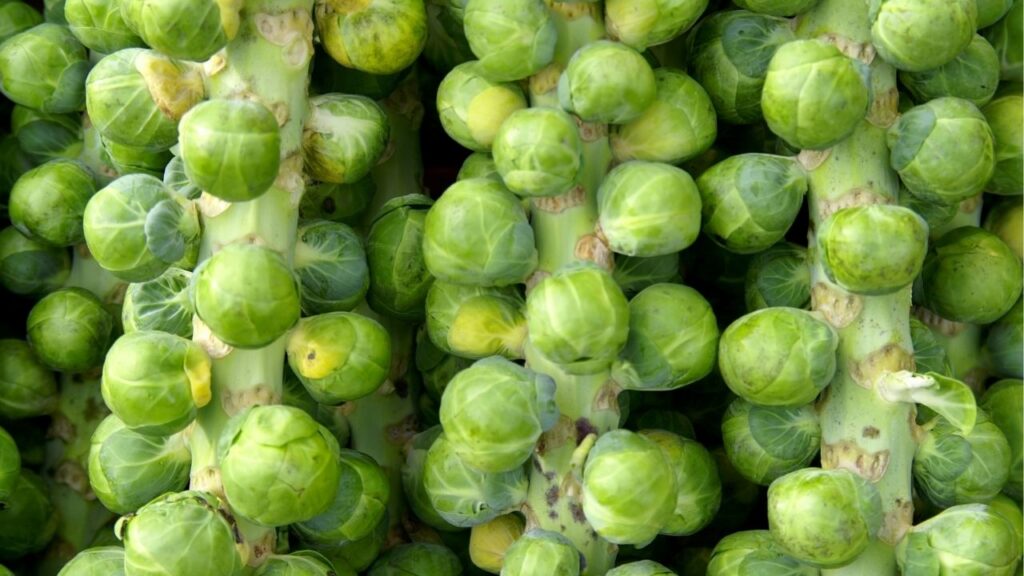A veterinary nutritionist can help ensure your dog gets all the nutrients she needs to fuel her body during cancer treatment – and beyond.
Key Takeaways
- Veterinary nutritionists are veterinarians with advanced training and expertise in pet nutrition.
- Board-certified veterinary nutritionists have completed additional training, research, and exams.
- Nutritionists are often employed by pet food companies to ensure their diets meet standards for species and life stages.
- Nutritionists can also play a critical role in formulating homemade diets for dogs.
- If your dog has special dietary needs, nutritionists can help with formulating everything from cancer diets to special needs diets, raw diets, non-standard diets, and complex diets.
What Is a Veterinary Nutritionist?
Veterinary nutritionists are veterinarians with advanced training and experience in nutrition. They study dietary requirements and how to apply them to nourish patients properly.
Why They Are Helpful
Dogs have specific nutritional requirements that differ from those of humans and other animals. They also have distinct needs for various life stages (growth, adult, and reproduction) and activity levels (from couch potato to sled dog in the Iditarod), as well as for disease processes.
Veterinary nutritionists can formulate a diet for home cooking for your pet or guide you on choosing a commercially prepared diet that will best meet your dog’s unique needs. They also work on a larger scale, designing diets for commercial dog food production.
Board-certified veterinary nutritionists
Board-certified veterinary nutritionists are licensed veterinarians who have undertaken at least two years of additional training in nutrition. They have done clinical work, research, and teaching as part of their extra training.
To become “boarded” as a Diplomate in the American College of Veterinary Nutrition, veterinarians submit detailed case reports, publish peer-reviewed research, and pass a two-day rigorous written exam.1
Board-Certified Veterinary Nutritionist Lindsey Bullen explains how she thinks about food when it comes to cancer on DOG CANCER ANSWERS.
Nutrition PhDs
Animal nutritionists may have a bachelor’s or master’s degree or Ph.D. in animal nutrition. Or, they may hold nutrition certifications from various organizations. Many universities offer degree programs in animal nutrition, while others feature nutrition concentrations as part of related fields of study.2
The Role of Nutritionists in Pet Food Companies
Reputable pet food companies employ nutritionists to formulate their recipes. Nutritionists evaluate raw ingredients, results of finished product nutritional analysis, and product labeling, so they are essential for manufacturing safe and nutritious pet foods. Ph.D. animal nutritionists also have extensive training in the science of processed food manufacturing and its impact on nutrients.
By employing nutritionists, companies ensure their diets meet AAFCO standards (US) or FEDIAF standards (Europe) for species and life stage. That means the diets provide nutrients above the minimum requirements to maintain health and function while not exceeding maximum limits that could cause dietary toxicities.
Role of Nutritionists for Homemade Diets
Feeding a homemade diet is not just a matter of offering wholesome, dog-safe foods; although that is a key component, those foods must be fed in carefully selected proportions for optimal nutrition. Feeding your dog any diet that is not complete and balanced can do more harm than good over time.
Board-certified nutritionists play a critical role in formulating homemade diets (creating the recipes) to ensure they are complete and balanced. The recipe must be followed exactly, with no substitutions in ingredients or changes in measurements. Any modification could shift the nutrient balance out of the required range.
This episode of DOG CANCER ANSWERS is long, but an excellent overview of the best and worst foods for dog cancer with Dr. Susan Recker, expert in nutrition for dogs.
Does My Dog Need a Nutritionist?
Often, dog lovers begin to evaluate their dog’s diet, lifestyle, and environment after a cancer diagnosis to improve overall health.3 This often prompts us to make changes, and many people value the input of knowledgeable experts to guide them.
A nutritionist might be an important member of your team if your dog has cancer. A nutritionist is often critical if your dog also has other health conditions that require special diets.
Nutritionists Can Help with Cancer Diets
Your dog’s diet may have a direct effect on cancer. As just a few examples, selenium, the omega-3 fatty acids DHA and EPA, and arginine are nutrients that may exert anti-cancer effects against certain tumor types.
In addition, DHA, EPA, arginine, and branched-chain amino acids may help combat cachexia, allowing dogs with cancer to maintain healthy body weight.4
Veterinary nutritionists can formulate diets that include therapeutic levels of these nutrients – from whole food sources or supplements – without negatively impacting overall dietary balance.
Nutritionists Can Help with Side Effect Management
You may also consider a nutritionist to help manage potential side effects of cancer treatment. For example:
- A bland diet may ease vomiting and diarrhea.
- Decreased appetite and the resulting fat and muscle loss might be shifted through the use of calorie- and nutrient-dense diets.
- A high-fiber diet could help relieve medication-induced constipation.
Nutritionists Can Help with Special Needs Diets
Besides recommending helpful additions to the diet, nutritionists guide you on foods to avoid. For example, some dogs with mast cell tumors may benefit from reducing histamine in their diet, so nutritionists can formulate low-histamine recipes.
Nutritionists Can Help with Raw Diet Considerations
Most veterinarians recommend avoiding raw diets for dogs undergoing chemotherapy or radiation because immunosuppression can make them vulnerable to pathogens (bacteria, viruses, and other microorganisms) that can cause infection.
But simply cooking the food you used to serve raw may throw the balance of nutrients off. Cooking your dog’s food can reduce the presence of potential pathogens, but it also reduces the amount of some nutrients, notably the vitamins thiamine and choline.
Veterinary nutritionists can advise whether modifications must be made to the cooked recipe to meet nutrient requirements.
Nutritionists Can Help with Non-Standard and Complex Diets
Therapeutic diets that contain nutrient concentrations outside of typical healthy dog diets – like ketogenic diets, or diets with higher-than-standard vitamins or minerals – are best formulated and monitored by board-certified nutritionists.
And if your dog has multiple health challenges, nutritionists can manage the intricacies of a diet plan that considers all your dog’s needs.
Where to Find a Nutritionist
Access a listing of board-certified veterinary nutritionists here: https://www.vetspecialists.com/
This is a good service for finding an online nutritional consult: https://www.petdiets.com
Dr. Judy Morgan has been using food to help dogs manage cancer, and she has great advice to share on DOG CANCER ANSWERS.
Topics
Did You Find This Helpful? Share It with Your Pack!
Use the buttons to share what you learned on social media, download a PDF, print this out, or email it to your veterinarian.

